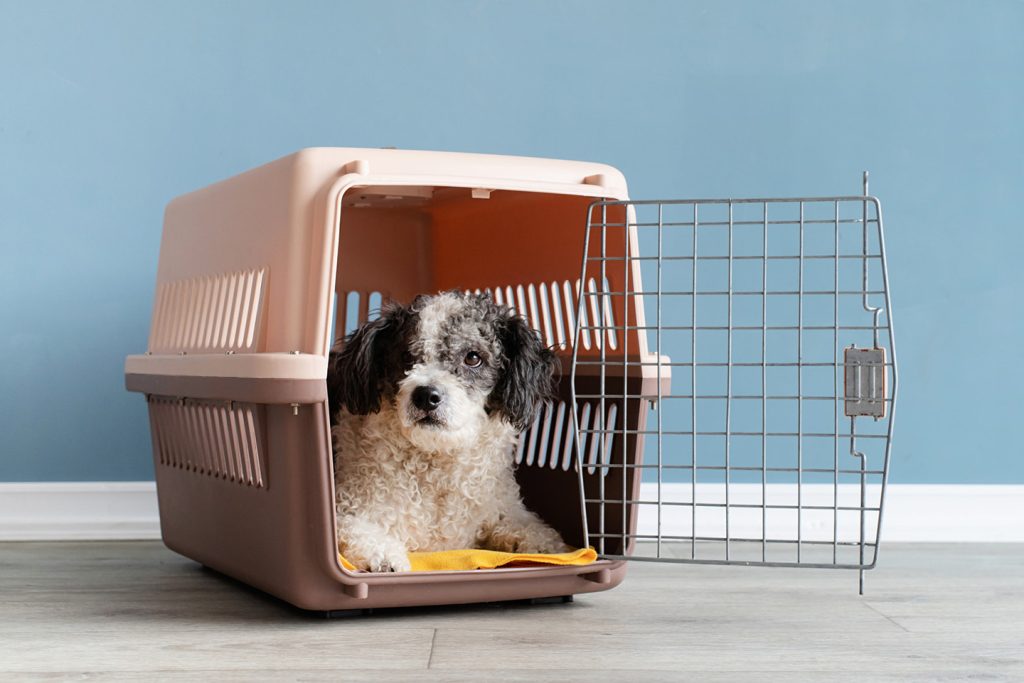Parvo Alert

Parvo Outbreak Alert:
Protect Your Pet Against a Rising Threat
In recent times, there has been a noticeable surge in the frequency of parvovirus outbreaks among our furry companions. This concerning trend underscores the urgent need for pet owners to take proactive measures to safeguard their beloved animals from this potentially deadly disease. Now, more than ever, it is imperative to prioritize the health and safety of our pets by ensuring they are adequately vaccinated and protected.
Parvovirus, commonly referred to as parvo, is a highly contagious viral illness. it primarily affects dogs, although cats can also be susceptible to certain strains. The virus spreads rapidly through direct contact with infected animals or their feces, as well as contaminated environments such as parks, sidewalks, and pet facilities. Once contracted, parvo attacks the gastrointestinal tract, causing severe vomiting, diarrhea, dehydration, and potentially fatal complications such as septic shock.
The recent uptick in parvovirus outbreaks serves as a stark reminder of the importance of vaccination in preventing the spread of this disease. Vaccines provide crucial immunity against parvo and significantly reduce the risk of infection, severe illness, and mortality in susceptible animals. By ensuring that your pet receives timely and appropriate vaccinations, you not only protect their well-being but also contribute to the collective effort to curb the spread of parvovirus within the community.
What to do
As responsible pet owners, it is essential to stay vigilant and informed about the signs and symptoms of parvo, as early detection and intervention can make a significant difference in the outcome for affected animals. Common indicators of parvovirus infection include lethargy, loss of appetite, vomiting, diarrhea (often bloody), fever, and abdominal pain. If you notice any of these symptoms in your pet, it is crucial to seek veterinary care promptly for a comprehensive evaluation and appropriate treatment.
In addition to vaccination, pet owners can take proactive steps to minimize the risk of parvovirus transmission and protect their animals from infection. Practice good hygiene by regularly cleaning and disinfecting your pet’s living areas, food and water bowls, toys, and grooming tools. Avoid areas where parvo outbreaks have been reported, and refrain from allowing your pet to interact with unfamiliar or potentially infected animals. When in doubt, err on the side of caution and prioritize your pet’s safety above all else.
By remaining vigilant, proactive, and informed, we can collectively combat the threat of parvovirus and ensure the well-being of our furry companions. Together, let us work towards a future where parvo outbreaks become a thing of the past, and every pet can lead a healthy, happy life free from the fear of this devastating disease. Remember: Stay vigilant, stay informed, and prioritize your pet’s health and safety above all else.
